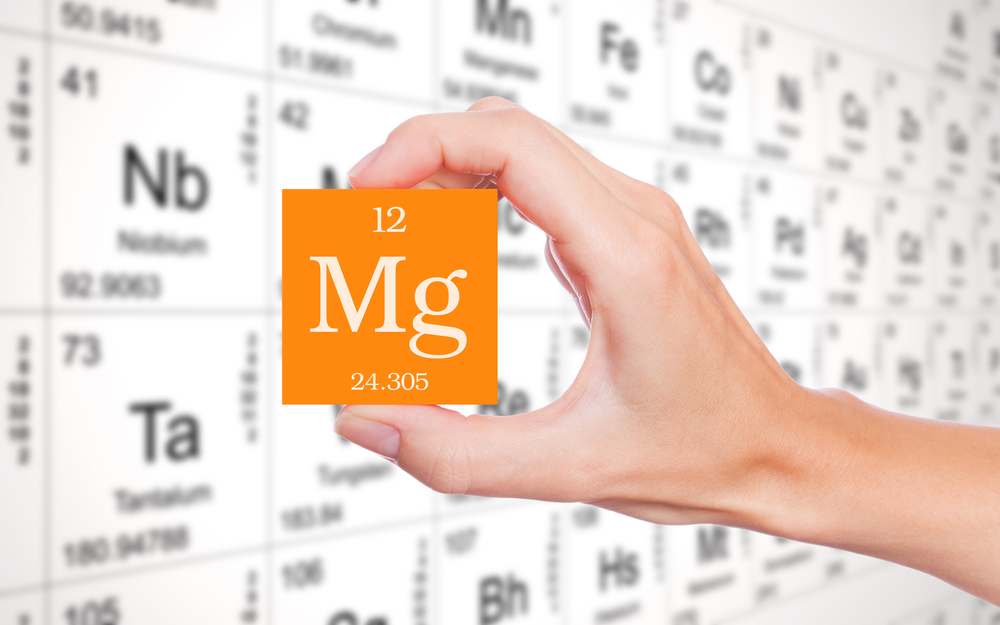
Athletes rely on a number of supplements to enhance and maintain their athletic performance. Among these magnesium supplementation ranks among the top recommended. The best magnesium supplement for athletes is one that can offer all the benefits of including this essential mineral into a regular workout regimen. Getting enough magnesium means that athletes can notice an improvement not only in their athletic performance but also during periods of recovery.
Magnesium is extremely important to athletes as it regulates heart rhythm, permits muscles to contract and relax properly, lowers blood pressure and is essential to producing adenosine triphosphate (ATP), the main source of energy in human cells and the best magnesium supplement will cater all this. No doubt, magnesium has a pivotal role in energy production and any shortfall can seriously impair athletic performance.
How can Magnesium Supplementation Help Athletes?
Magnesium plays a number of roles in the body and is needed for more than 325 enzymatic reactions, including those involved in the synthesis of fats and protein, improved cardiac activity, and proper bone metabolism. But for athletes perhaps the most important contributions is magnesium’s role in both anaerobic and aerobic energy production.
For hard core trainees, the best magnesium supplements are often paired with zinc supplementation as both minerals work together for optimal recovery from muscle damaging workouts. An athlete’s body uses both zinc and magnesium to sustain muscle contractions and deliver oxygen to working muscles.
Magnesium is also known well for its calming effects on the body and plays a part in the recovery aspect after a tough workout. Apart from being used up in energy production, the best magnesium supplements are also thought to boost performance by lowering accumulation of lactic acid in the body. At the same time, magnesium is also lost through sweat so athletes training hard in hot and humid environments may need an increased supply of magnesium supplements.
What are the Dangers of Magnesium Deficiency?
In adults, a magnesium deficiency can result in impaired cardiovascular function, improper carbohydrate metabolism, high blood pressure as well as the threat of insulin resistance and decreased insulin secretion.
Common symptoms that may arise out of a magnesium deficiency can include constipation and irregular bowel movements, fatigue or general lethargy, poor sleep quality, muscle cramps and twitches as well an inclination towards obesity and hypertension.
In the case of athletes who engage in strenuous physical activity, low magnesium levels can cause muscle spasms, affecting athletic training, performance and recovery. With a magnesium deficiency in place athletes can experience reduced exercise capacity, impaired performance and poor post exercise muscle recovery. Adding the best magnesium supplements into an athlete’s workout program will not only correct the problem of muscle cramps but can also work toward improving their muscle recovery.
And the fact that magnesium is critical in protein synthesis and ATP production, athletes who train with weights or engage in endurance sports obviously have a much higher magnesium requirement.
Some athletes may be indulging in high protein diets but it is important to note that such diets also inhibit magnesium absorption, further complicating the issue and making magnesium requirements even higher for athletes.
What is the Best Source of Magnesium?
The body does not produce magnesium so it needs to be ingested daily through the consumption of magnesium rich foods. The best sources of magnesium include foods such as whole grains, leafy greens, seeds and nuts. Some common foods may also be magnesium fortified and this important mineral is included in certain sports foods and supplements.
The current daily recommendation for magnesium is about 400 mg, which does not seem hard to meet with a healthy diet, but the digestive system only absorbs 20-50% of the magnesium ingested. For women the daily recommended allowance ranges between 300 to 350 mg, while for men the same is between 400 to 450 mg. However, for athletes experts recommend between 500 and 800 mg of magnesium supplementation daily as a reasonable dose to replenish stores and reduce cortisol levels.
What is the Best Form of Magnesium?
Magnesium supplements are available in different forms that target different health benefits. Some of the best forms of magnesium supplements include magnesium citrate where the citric acid component of the supplement acts as a mild laxative and functions as a constipation aid as well as a magnesium source. Another option is magnesium taurate that is suitable for individuals with cardiovascular issues.
Magnesium malate is another form of magnesium supplement recommended for dealing with fatigue and correcting issues of over tiredness. The malic acid present in this supplement plays an important role in ATP synthesis and energy production. Yet another form of magnesium is available as magnesium glycinate, which is one of the most bioavailable and absorbable forms of magnesium. Finally, magnesium chloride has an impressive absorption rate and is considered the best form of magnesium for detoxing the cells and tissues.
When looking for the best magnesium supplement to take, it is important to remember that magnesium is best absorbed on an empty stomach. In the process of absorption, vitamin C and calcium can increase magnesium absorption while carbonated drinks and high fiber meals can inhibit magnesium absorption.
It is also worth mentioning that the best absorbed magnesium is in small, frequent doses so it is advisable to take 100- 200 mg doses a few times daily. Of these half of the daily dose should be taken immediately after a workout while the rest of the daily supplemental dosage should be taken at bedtime to help facilitate recovery and improve sleep quality.
Which kind of Magnesium Supplements do you take? Share your experiences in the comments below!
Hi I am longdistance runner and i really like using natural magnessium from pumpkin seeds and speenach.Where can i find pure magnessium supplements as it is not available in Kenyan Permacies